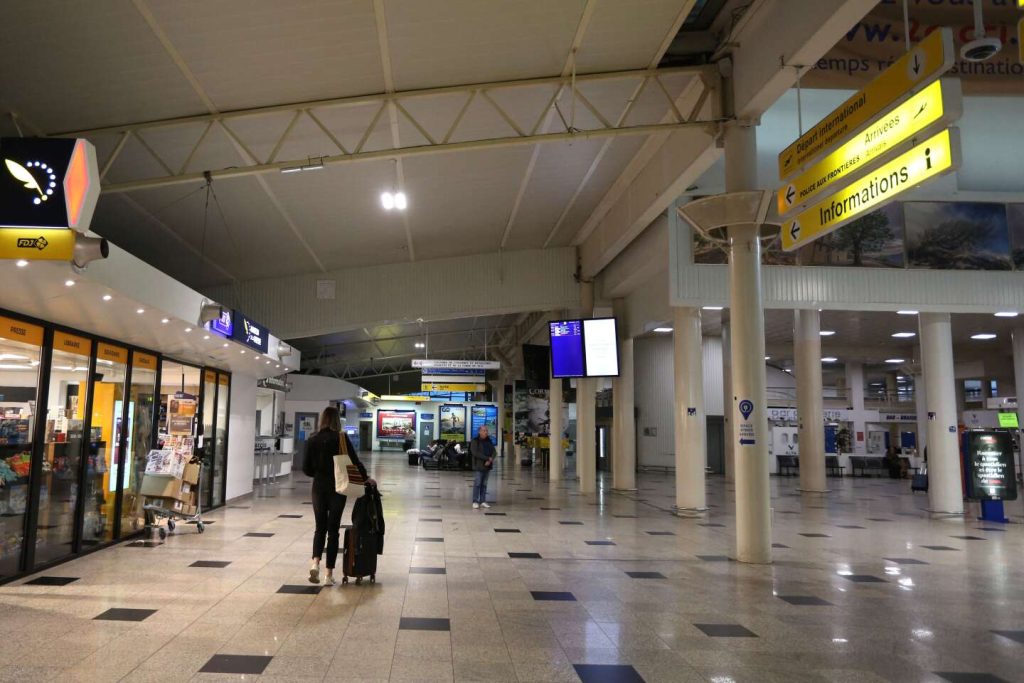The airport terminal of Napoleon-Bonaparte in Ajaccio, Corsica, was found to have serious flaws in baggage and passenger screening during three consecutive audits conducted by the Directorate General of Civil Aviation (DGAC) since December 2022. The Prefect of Corsica, Amaury de Saint-Quentin, issued a warning on April 23, 2024, as the tourist season approached and the Vigipirate security plan was raised to the highest level of “terrorist emergency.” The Corsican Chamber of Commerce and Industry manages the airports on the island and has entrusted airport security to the company SAP SUR. Despite multiple audits, significant improvements in security measures have not been observed, with many critical flaws remaining unaddressed.
The Prefect expressed concerns that these deficiencies jeopardize the minimum level of security expected at airports, especially given the heightened security alert level. To address these recurring issues, the DGAC has placed the Chamber of Commerce and Industry under reinforced surveillance since April 9, 2024, allowing for increased state resources dedicated to ensuring proper security measures are implemented. Coercive measures were taken by the Prefect towards the Chamber on March 29 to prioritize security checks over other airport activities. The public security contract for the airport, valued at 11 million euros, is now the subject of legal procedures following the director of SAP SUR being indicted for organized extortion, association of criminals, and favoritism.
The investigation began after a complaint from a representative of Samsic Airport, the only other bidder for the public security contract, who received a threatening phone call before submitting their bid. This led to the withdrawal of Samsic’s application. The ongoing legal proceedings highlight the complexity and seriousness of the situation at the Ajaccio airport and raise questions about the integrity of the security measures in place. The potential security risks posed by these flaws in the screening processes underscore the need for immediate and comprehensive corrective actions to ensure the safety of passengers and airport staff.
The situation at the Ajaccio airport underscores the broader challenges faced by airports and transportation hubs in maintaining effective security measures in the face of evolving security threats. The escalation of the Vigipirate security plan to the highest level of “terrorist emergency” reflects the heightened concerns about potential terrorist attacks and the need for robust security protocols. The involvement of multiple stakeholders, including government agencies, airport management, and security contractors, highlights the complexity of ensuring adequate security measures are in place and functioning effectively.
The ongoing investigations and legal proceedings related to the security contract at the Ajaccio airport emphasize the importance of transparency, accountability, and oversight in public procurement processes, especially in critical sectors such as aviation security. The need for rigorous and independent evaluations of security protocols and procedures to address vulnerabilities and gaps in the security framework is essential to safeguarding the integrity and safety of airports. The implications of security breaches and failures in screening processes extend beyond the immediate risks to public safety and underscore the broader challenges faced in managing security threats in an increasingly complex and interconnected global environment.


